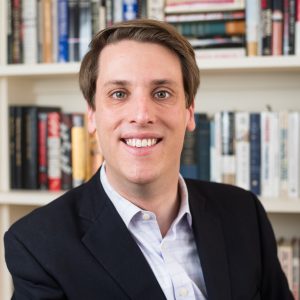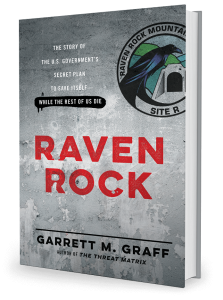As the year ends, it’s time for my annual roundup of the best books I read this year. I spent most of this year reading some 35 books for research for my own book and that cut significantly into my pleasure reading (especially fiction). As 2007 looms, I just finished (for pleasure) American Islam: The Struggle for the Soul of a Religion by Paul M. Barrett and Prisoners: A Muslim and a Jew Across the Middle East Divide by Jeffrey Goldberg, and for research, China, Inc. by Ted C. Fishman.
Here’s my top ten picks of 2006:
1) A Short History of Nearly Everything by Bill Bryson — This book should have made it the list in 2004 when I first read it, but evidently I left it off the list. I relistened to it on audiobook when I was driving back from Vermont and it was just as much fun. A very engaging history of science, it offers some great meditiations on the specialness of life.
2) From Beirut to Jerusalem by Thomas Friedman — Nearly twenty years after this was first published, it’s still a great summary of the Middle East conflict that helped me understand an area I’m continually flummoxed by.
3) An Empire of Wealth by John Steele Gordon — I put this book on my list to read in 2004 when Esquire named it one of the books that any president must read. I finally got to it this year and it was as promised a great one-volume economic history of the United States filled with great tidbits and historical trivia.
4) The Survivor by John F. Harris — An excellent biography of Bill Clinton, foibles and all.
5) Up in the Old Hotel by Joseph Mitchell — This classic of stories by one of the great New Yorker writers from the 1930s and 1940s captures great portraits of Old New York.
6) Assassination Vacation by Sarah Vowell — A book that I wish I’d written; a historical tour of sites and tidbits related to the assassinations of American presidents.
7) The Perfectionist by Rudolph Chelminski — The story of a French chef’s rise and fall (ending in his suicide), this focuses on the much vaunted Michelin star system. When I finished it, I wanted to hop right on a plane and dine away.
8) A Student of Living Things by Susan Shreve — Set in a near-future Washington beset by terrorism, this book offers a scary picture of just how tenuous our sense of safety and security is today.
9) Dreams of My Father by Barack Obama — He won a Grammy for his audio recording of his memoir, written a decade ago. He deserved it.
10) Dateline: Vermont by Chris Graff — Since I’m biased here, I’ll let the Valley News’ John Gregg review what the Addison Independent called the best book on Vermont published this year: “Graff also has gone out in style, with an entertaining book detailing critical years in Vermont’s evolution. Unlike so many other memoirs, Graff doesn’t pat himself on the back or put himself on the couch. But, like the many stories he filed over the years, it’s easy to read the book and come to a conclusion — in this case, that Chris Graff is a man who loves Vermont, and has done his part to make it better. ”
An honorable mention this year goes to Guests of the Ayatollah by Mark Bowden. My first reaction to this book was that it was much too long, some 600 plus pages, but after reading it I thought back to a conversation I had this fall with my editor at FSG who was explaining that sometimes books need to be overly long to convey the passage of time. Some reflection later, I decided that “Ghosts,” seemingly interminable at times, helped captured the absurdity and length of this trying moment, how it dragged on for the hostages, the hostage-takers, and the U.S. government. Any shorter and the reader may not get the sense of the futilty of the whole thing.
A few others I’d recommend this year: A Crack in the Edge of the World by Simon Winchester, which I read the day this fall I spent on jury duty, and Imperial Life in the Emerald City by Rajiv Chandrasekaran, which I explained in Washingtonian’s roundup of the best books of the year was “similar in key ways to Graham Greene’s ‘The Quiet American,’ it is a powerful and well-written lesson in the damage that even the best intentioned people can inflict.”
I would also be remiss to not mention The World is Flat, Thomas Friedman’s insta-classic, which has had a tremendous impact on my life this year.
[Check here for my past lists: 2005 and 2004.]


Recent Comments